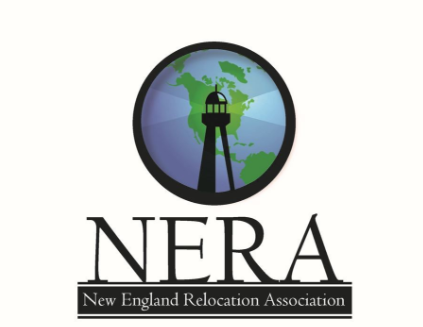
For relocating employees embarking on their relocation journey, finding the right home helps ensure a smooth transition to the new locale. New and existing homes have pros and cons, and deciding whether to invest in new construction or opt for an existing property is not always easy. This information (and TRC relocation specialists) will equip you with the knowledge needed to make an informed decision that aligns with your personal and professional goals.
Delving Deeper into New Construction Homes
Pros of New Construction
- Tailored to Your Preferences: The allure of customization cannot be overstated. New construction offers the unique opportunity to select layouts, finishes, and features that perfectly match your preferences, ensuring your new house feels like home from day one.
- Built for Today’s Lifestyle: Embracing modern living, new homes come with cutting-edge technology and amenities. Think eco-friendly materials, high-efficiency appliances, and smart home systems that adapt to your lifestyle, offering convenience and potential savings on utility bills.
- Minimal Upkeep Initially: The freshness of everything means avoiding the hassle of immediate repairs or renovations, allowing you to settle in without the stress of dealing with unexpected maintenance issues.
Cons of New Construction
- Premium Pricing: New construction costs often exceed that of older homes. This premium affects the purchase price and can be reflected in higher property taxes and community fees, impacting your overall budget.
- Waiting Game: If you’re starting from scratch, construction delays can push back move-in dates, requiring flexibility and patience. This could be a problem for those on a strict relocation timeline, as temporary housing allowances are limited.
- Emerging Communities: While there’s potential in growing neighborhoods, the initial lack of amenities and ongoing construction activity can detract from the living experience until the area is fully developed.
Exploring the Charm of Existing Homes
Pros of Existing Homes
- Unique Character: Many find the unique architectural details and built-in history of older homes irresistible. These properties often have stories and charms that new constructions cannot match.
- Mature Neighborhoods: Settling into an established community means enjoying immediate access to amenities, schools, and social networks, which can be particularly comforting during the transition period of a relocation.
- Investment Opportunities: Existing homes, especially those needing a bit of TLC, present opportunities to enhance value through renovations and updates, potentially offering a good return on investment.
Cons of Existing Homes
- Ongoing Maintenance: The charm of an older home can quickly fade when faced with the need for immediate repairs or updates to aging systems, which can be both costly and time-consuming.
- Energy Efficiency Challenges: Without modern insulation, windows, and systems, older homes may have higher energy costs, impacting your monthly budget.
- Set Floor Plans: Significant alterations to accommodate modern lifestyles (such as open-plan living spaces) can require substantial and expensive remodeling efforts.
Decision Considerations for Transferees
- Cost of Ownership: Beyond the sticker price, consider the long-term costs associated with each option, including maintenance, renovations, utilities, and community fees.
- Available Inventory: In some locations, including many high-cost areas, little land is available for development, regulations are stringent, and new construction is limited. In other places, few existing homes are for sale, and new construction is more widely available.
- Lifestyle and Location Preferences: Your home should support your lifestyle. Whether it’s a short commute, access to outdoor activities, or school districts, factor your lifestyle preferences into your decision-making process. Older homes are usually in more established neighborhoods and convenient to amenities, while newer homes might offer fewer community resources but less congestion.
- Long-term Goals: Think about how long you plan to stay in the home. While new constructions might offer a modern lifestyle, the charm and potential value increase of existing homes could align better with your investment goals.
- Immediate Needs vs. Future Plans: Employee relocation is often on a tight timeline, which can make an existing home the way to go. But new construction might be more attractive if you’re planning for the long term and have specific needs. Just remember that you might need to move into a rental property until your new home is ready, which can add further stress to the domestic relocation
Expert Navigation through the Home Buying Process
Engaging with the right professionals—your Relocation Counselor, real estate agents familiar with relocations, mortgage brokers, and reputable inspectors—can make a significant difference in your home-buying experience. Together, your relocation specialists and supplier network can guide you through the complexities of the market, help you negotiate the best deals, and ensure the property meets your standards, whether it’s a newly built home or a piece of history.
Conclusion: A Thoughtful Decision for Your New Journey
Choosing between a new construction and an existing home is more than a financial decision; it’s about finding a space that aligns with your life’s current chapter and future narratives. By considering your priorities, consulting with domestic relocation specialists, and weighing the advantages and challenges, you can make a choice that meets your immediate needs and supports your long-term happiness and success.
At TRC Global Mobility, Inc., our employee relocation specialists are committed to providing relocating employees with the resources and support needed to navigate their relocation journey confidently and to turn their new house into a home.




